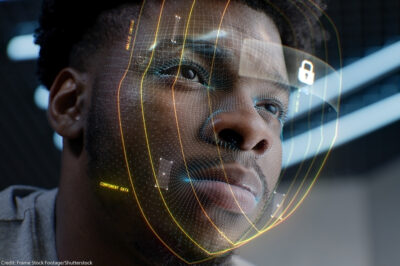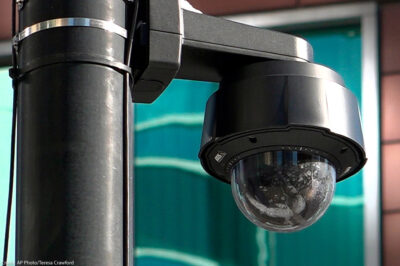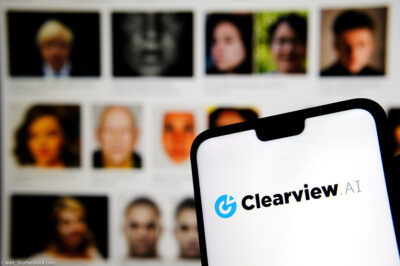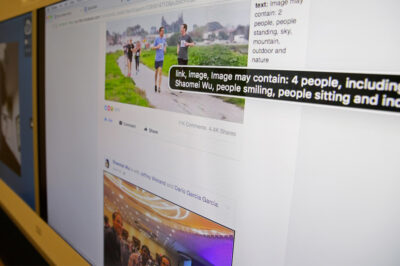Bio
Nathan Freed Wessler (@NateWessler) is a deputy director with the ACLU’s Speech, Privacy, and Technology Project, where he focuses on litigation and advocacy around surveillance and privacy issues, including government searches of electronic devices, requests for sensitive data held by third parties, and use of surveillance technologies. In 2017, he argued Carpenter v. United States in the U.S. Supreme Court, a case that established that the Fourth Amendment requires law enforcement to get a search warrant before requesting cell phone location data from a person’s cellular service provider.
Nate was previously a staff attorney in the Speech, Privacy, and Technology Project and legal fellow in the ACLU National Security Project. Prior to that, he served as a law clerk to the Hon. Helene N. White of the U.S. Court of Appeals for the Sixth Circuit. Nate is a graduate of Swarthmore College and New York University School of Law, where he was a Root-Tilden-Kern public interest scholar. Before law school, he worked as a field organizer in the ACLU’s Washington Legislative Office.
Featured work

Mar 21, 2025
Can Border Agents Search Your Electronic Devices? It’s Complicated.

Apr 30, 2024
Police Say a Simple Warning Will Prevent Face Recognition Wrongful Arrests. That's Just Not True.

Jan 18, 2023
How the Arizona Attorney General Created a Secretive, Illegal Surveillance Program to Sweep up Millions of Our Financial Records

Nov 23, 2022
Warrantless Pole-Camera Surveillance by Police is Dangerous. The Supreme Court Can Stop It.

May 17, 2022
Impending Threat of Abortion Criminalization Brings New Urgency to the Fight for Digital Privacy

Dec 2, 2020
The U.S. Government Is Secretly Using Cell Phone Location Data to Track Us. We’re Suing.

Sep 28, 2020
Wi-Fi is Another Way We Can Be Tracked 24/7

May 28, 2020
We’re Taking Clearview AI to Court to End its Privacy-Destroying Face Surveillance Activities

Nov 13, 2019
Federal Court Rules That Border Officers Can’t Arbitrarily Search Our Electronic Devices

Aug 9, 2019
A Federal Court Sounds the Alarm on the Privacy Harms of Face Recognition Technology
